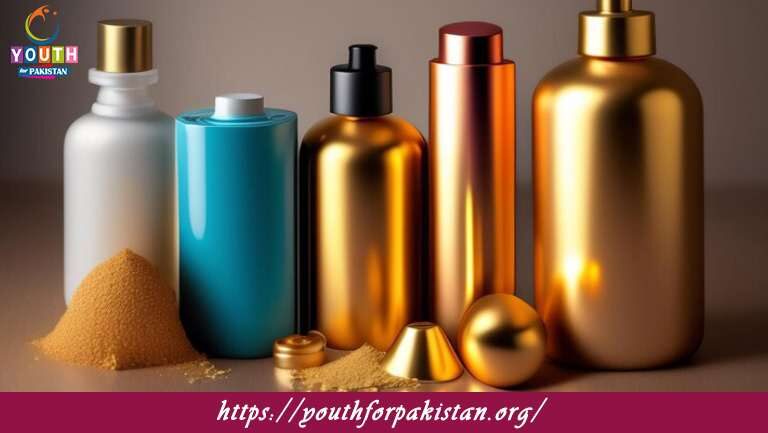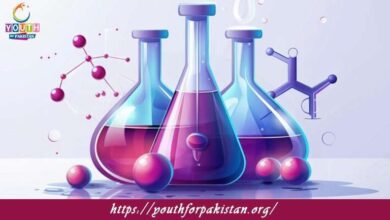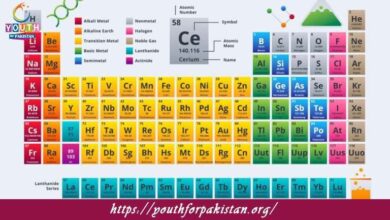12th Class Chemistry Chapter 11 Quiz with Answers

“12th Class Chemistry Chapter 11 Quiz: Alcohols, Phenols, and Ethers” is a comprehensive outline of the structure, properties, and reactivity of these essential classes of organic compounds. Alcohols, phenols, and ethers are studied in detail because of their widespread applications in industries such as pharmaceuticals, cosmetics, and chemical synthesis. This chapter reveals their functional groups, preparation methods, and their chemical behavior. Improve your understanding with our MDCAT Quiz and free flashcards designed specifically for this subject mastery.
MDCAT Quiz: Alcohols, Phenols, and Ethers
Our MDCAT Quiz will test your knowledge in the field of properties, reactions, and uses of alcohols, phenols, and ethers. Questions on the classification of alcohols, electrophilic substitution reactions of phenols, and synthesis of ethers are also given. This quiz covers both the theoretical and practical aspects of alcohols, phenols, and ethers, serving to prepare a candidate for competitive exams.
- Test Name: 12th Class Chemistry Chapter 11 Quiz
- Type: Quiz Test
- Total Questions: 30
- Total Marks: 30
- Time: 30 minutes
Note: Answer of the questions will change randomly each time you start the test, once you are finished, click the View Results button.
Free Flashcards for Alcohols, Phenols, and Ethers
Revise efficiently with free flashcards designed to highlight the core concepts of this chapter, including the oxidation of alcohols, acidic nature of phenols, and synthesis of ethers. Simplified to concise flashcards, these are ideal for quick review before exams.
Experience the real exam environment with our expertly designed collection of over 25,000 MCQs MDCAT Mock Tests.






